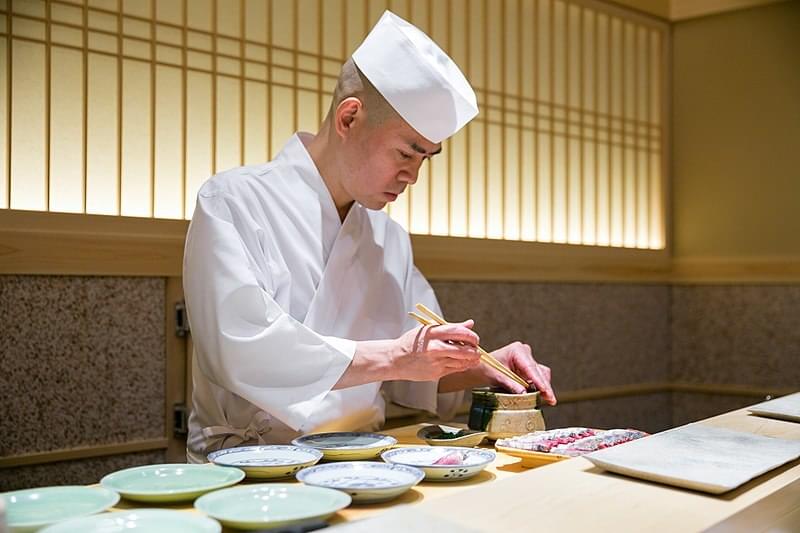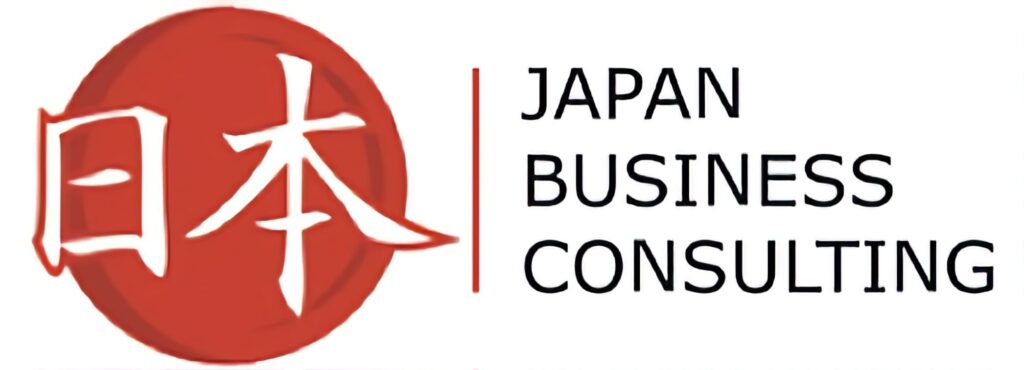Does Japan Value Quality Over Speed?
Written by Erich Ahorner

In the last blog post, we talked about the speed of business in Japan. Although it is an important variable in doing business with Japan, generally speaking Japanese tend to value quality over speed.
For example, in most cases, it's better to take a longer time to make something as polished as possible than to do something quickly but have it be rough around the edges. Japanese customers don't like to see an unfinished "beta-stage" product or service. Usually, they would rather wait extra time to get a finalized product.
You are less likely to score points for how fast you provide a service than for the carefulness and quality of your service delivery. The extra time you take to refine something will seldom be counted against you.
Most Western cultures are highly focused on efficiency. Our use of phrases in business matters such as 'spend time' and 'waste time' suggests that time is a precious commodity that must be used appropriately.
In most cases, the Japanese see time as a continuum, the end result of which is effectiveness. Things 'require time' (時間が掛かる jikan ga kakaru), a phrase which doesn't indicate the intrinsic value of time itself.”
This attitude carries over into the Japanese approach to decision-making as described in the prior blog post, which often seems glacially slow by western standards. Japanese will focus more on whether a decision is appropriate and whether all the affected parties support it than on how long it takes to reach it.
Another area where Japanese expectations differ from their Western counterpart is in detail orientation. Japanese are trained from childhood to be extraordinarily fastidious, so be prepared that your product or service will be evaluated with enormous attention to detail when working with Japan.
Even the most minor imperfection, spelling mistake, or arithmetical error will be viewed as unacceptable. You can improve your image in the eyes of Japanese customers by simply being more careful about the little things.
One common complaint of Japanese customers is that western companies are not sufficiently meticulous. Also, be aware that command of detailed information is expected from your customer service.
As one American client that has been working with Japanese customers for a while puts it, 'One of the most shocking replies you can give a Japanese is 'I don't know, but I'll find out and get back to you' In the Japanese world, the customer service representative has to have all the
answers.
"Being able to answer detailed questions is seen as a sign that you are on top of your work. Furthermore, if your Japanese customers are not the end customers of your product or service, they will want to obtain from you a full understanding of the details so that they can answer similar questions from their customers.
We have helped several clients to improve their customer service on the Japanese market.
If you want to improve your results in Japan schedule a call here:

Erich Ahorner
Erich Ahorner helps people enter the Japanese market and grow their businesses. He is an expert at helping people with market entry using online and offline methods and trying to break down necessary steps to make things simple to understand. If you're interested in growing your business or entering a new market to and increase sales then definitely reach out and request a free strategy session today.
Menu
